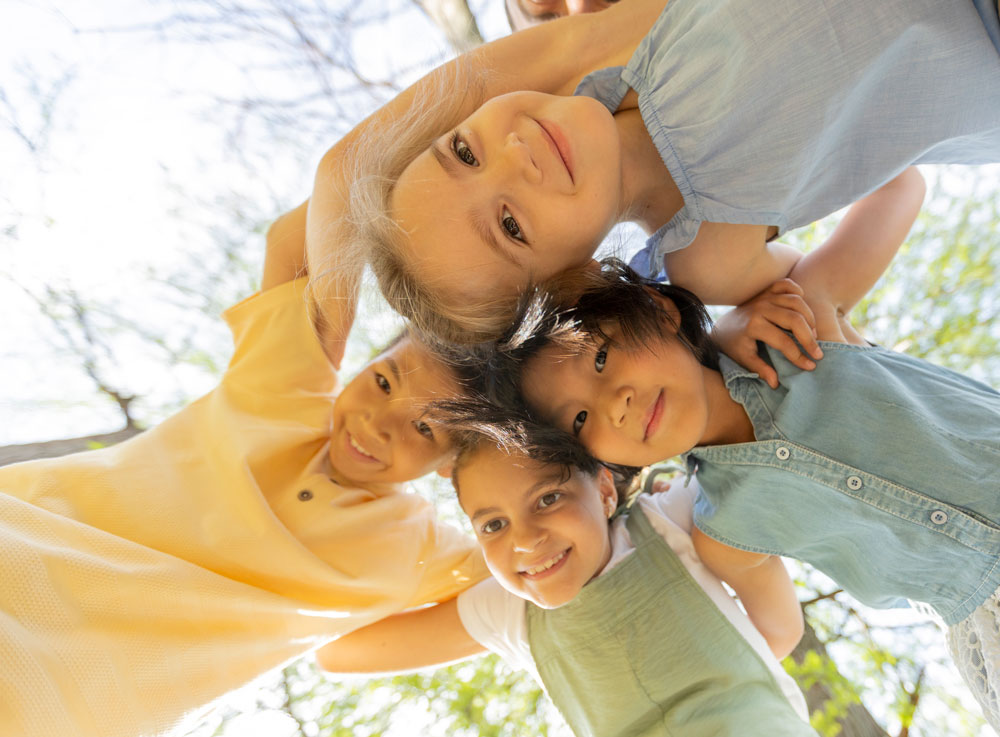Teach young people to appreciate differences
Although most people gravitate toward people who are similar to themselves, it’s important to expose young people to a variety of cultures and people. People from different cultural, ethnic, and racial backgrounds can learn many things from one another. Being culturally competent doesn’t mean that you have to like others who are different from you, but rather be able to treat one another with respect, tolerance, and equality. It means making an effort to learn about and understand people of other cultural, racial, and ethnic backgrounds. Cultural Competence is Asset 34 of Search Institute’s 40 Developmental Assets, the qualities, experiences, and relationships that help young people grow up healthy, caring, and responsible.
Here are the facts
Research shows that young people who have knowledge of and feel comfortable with people of different cultural, racial, and ethnic backgrounds feel good about themselves, are less lonely, can solve problems well, and do better in school. About 43 percent of young people, ages 11–18, report having knowledge of and comfort with people of different cultural, racial, and ethnic backgrounds, according to Search Institute surveys. Cultural competence builds strong, capable, and interesting young people.
Tips for building this asset
Think about your family, ethnic background, or cultural heritage and what makes you proud and gives you comfort. Then explore other cultures’ or countries’ people, art, sayings, food, songs and traditions. Help young people learn about the backgrounds of others and create a more understanding world by appreciating differences.
Also try this:
- In your home and family: Explain to your child how and why her or his name was chosen. Talk about any connections the name has with your family’s roots and culture—old or new.
- In your neighborhood and community: Get to know people who are from a different country or have a different cultural heritage from you. Ask them about their family traditions, celebrations, and other unique aspects of their backgrounds.
- In your school or youth program: Seated in a circle, ask students or participants to talk about their ethnic or family backgrounds and their favorite celebrations, foods, music, and traditions. Then have them complete this sentence: “If I could share one thing about my cultural heritage, my gift to you would be . . .”
—
Developmental Assets® are positive factors within young people, families, communities, schools, and other settings that research has found to be important in promoting the healthy development of young people. From Instant Assets: 52 Short and Simple E-Mails for Sharing the Asset Message. Copyright © 2007 by Search Institute®, 877-240-7251; www.search-institute.org. This message may be reproduced for educational, noncommercial uses only (with this copyright line). All rights reserved.
